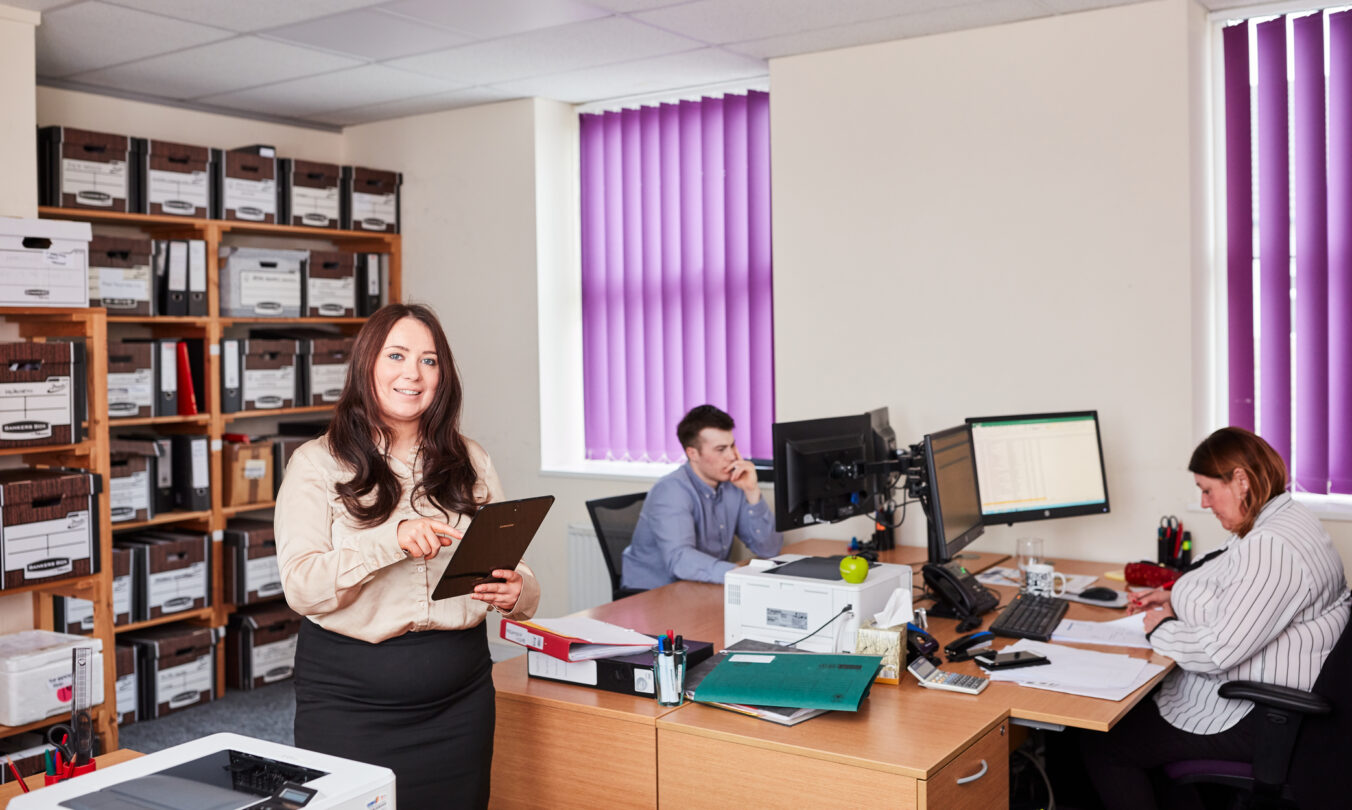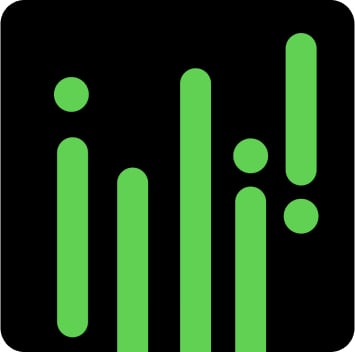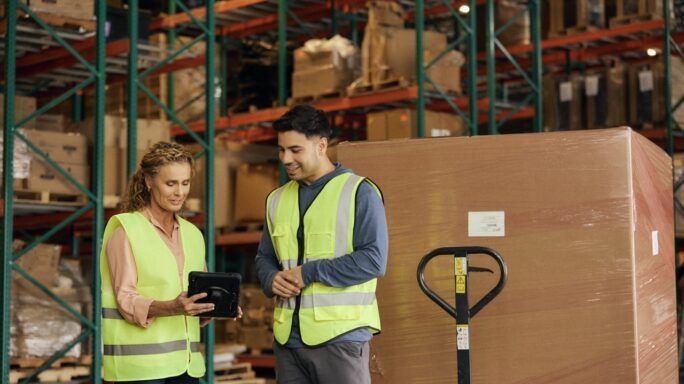Finlayson & Co: How automation and speaking to an accountant can help your business thrive
Emily Smith from accountancy practice Finlayson & Co reveals how accountants can help businesses with more than just tax returns.

In our Your Story series, we speak to people about the challenges businesses are facing, and the steps they’re taking to overcome them. Emily Smith is practice manager at Finlayson & Co, an accountancy practice just outside Huddersfield.
Here, she shares the advice she regularly offers to businesses to help them succeed and thrive in the current business climate.
It’s no exaggeration to say it’s been a tough few months for businesses.
As accountants, we’ve been at the heart of helping businesses respond. We’ve kept our clients informed of government measures and assisted them in applying.
It’s been a hugely rewarding experience.
Moving forward, we’ve been offering businesses advice to get them on the best footing to thrive in the new normal. I’d like to share some of that here.
Get organised: Automation gets rid of paperwork
Key to staying on top of your business admin is using software. I know some people don’t like computers but there’s just no way of getting away from them.
Nowadays, the fact everything you need is also available on the mobile phone in your pocket makes it pretty seamless.
The first thing we do is to find out the nature of the business.
A manufacturer will have different needs compared to a graphic design agency, for example. We make a list of needs.
Then we discuss what they want from the software – are they the kind of proactive user, or do they want something that’s going to keep out of their way?
We advise clients to look for automation in their software choices. Nobody likes paperwork, and the key to getting rid is to automate as many tasks as possible.
For example, AutoEntry can be used to take pictures of receipts and invoices.
You take a picture or scan in a receipt or invoice. The data is then automatically put into the accounting software. It really is that simple – so easy, in fact, that some of clients don’t believe it at first.
The accounting software can connect to your bank, too, which makes reconciling incomings and outgoings so much easier and faster.
People should ensure support is included in any software investment.
We make it clear we’re always just a phone call away, and we offer an hour’s free training too. We base the training around the client’s chart of accounts, so it’s not just about the software – it’s about how to do accounting in the real world.
Discover the new Sage Accounting
Try our award-winning accounting software for small businesses and sole traders. Get paid faster, track cash flow and automate admin to free up time to focus on the work that matters most.

Improve performance: Insight into finances means we can help
As accountants, we want to help our clients succeed.
We want them to thrive.
We deal with a lot of businesses every day and that gives us unique experiences and insights that really can help.
In the past, this was difficult because accounting was all about what’s happened in the past – and people thought of their accountants only as people who could sort it all out after the event.
It’s like trying to drive a car by only looking in the rear-view mirror.
People would turn up at their accountant at year-end, to get their tax return completed. At that point, the amount of help we could give was limited.
Somebody might have had cash flow issues six months earlier that could’ve been fixed by financing, for example, but it’s too late to fix – and the client’s finances have suffered.
Thanks to better accounting software nowadays, this situation has changed.
Cloud software means we can hook into their accounting. We’re in touch with businesses in real time. We know what their business is doing, and we can help them make the next steps.
We can help them forecast.
We can help them respond.
We help them see opportunities.
None of this would be possible without cloud accounting software. And the coronavirus (COVID-19) disruption has really helped clients realise how we can help and affect their business in a positive way.
Getting taxes right: Software helps you make the best choices
One of our clients rang me the other day and said: “I’m going to buy a van. Do you think I should?” This is a big decision, which is why they’re calling, but one of the biggest issues is ensuring it’ll be tax efficient.
Thousands of pounds can ride on making the right decision.
Now, the old-fashioned response to that would be for me to ask them to send their receipts, and their invoices, and to try and find out where their accounting is up to at that moment.
That would take two or three days as we put it all into a spreadsheet and crunch the numbers.
But now we can just get a live view of their accounting in the software.
We can output a profit and loss report, check the nominals and do our checks. I can get back to them with some advice in the space of 30 minutes.
Of course, for clients that are VAT-registered, using software has been mandatory since April 2019 because the government’s Making Tax Digital (MTD) rules say all VAT accounting and reporting must be done via software.
The rules are changing soon to say that all VAT-registered businesses beneath the threshold will also need to follow the MTD rules.
On the horizon is Making Tax Digital for Income Tax, which is due to become law in 2023. This will do away with the Self Assessment system for those who sign up to it, which is a huge change.
But it will also mean they have to use software for their accounting and tax returns.
My top three takeaways
Here’s my advice for keeping your business healthy and thriving in these difficult times.
1. Reduce admin by automating
Business automation has come on in leaps and bounds recently.
Every little bit you implement through software means less paperwork and therefore less work for you – with more time to grow your business and do what you love.
2. Make use of your accountant
Don’t see your accountant as just a number cruncher. Yes, that remains an important part of what they do.
But accountants have lots of experience that they’re happy to share. See them as your partner, not as the people you see once a year at tax return time.
3. Keep on top of your taxes
With deferred dates because of coronavirus measures, many businesses are going to find themselves with payment requirements in the coming year. Be sure now what you’ll need to pay.
Again, your accountant can help with this – and software will put you in the best position to get it right.
Small business toolkit
Get your free guide, business plan template and cash flow forecast template to help you manage your business and achieve your goals.






